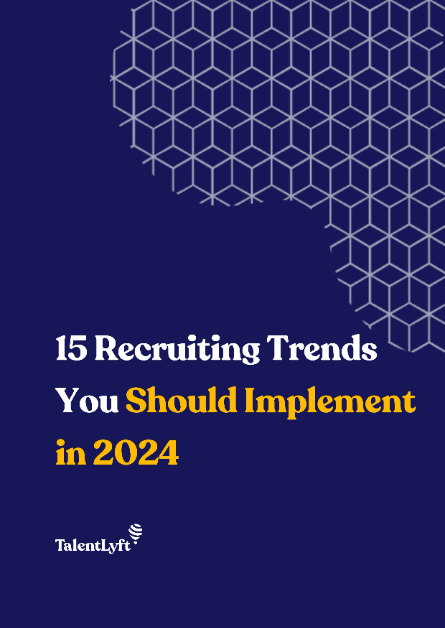
There are a host of HR trends in 2021 that will change the way HR teams work in and amongst themselves and with the corporate environment at large. Check out the list of these HR trends and learn how to adapt to them!
There are a host of HR trends in 2021 that will change the way HR teams work in and amongst themselves and with the corporate environment at large. Check out the list of these HR trends and learn how to adapt to them!
The global economy is changing and HR has to adapt right alongside those changes.
While a few of these changes have been seen over the last few years, in 2021, there will be some new developments that will have a lasting impact on how companies function.
We look at the HR trends taking over the world in 2021 and what is needed to adapt to them.
HR, like so much of corporate life, is constantly having to adapt to new trends and changes- these are often impacted by changes in the economy and employment trends.
It is imperative for HR to distinguish between the latest fad and a global trend, but it can be a challenge considering all the other duties that have to be completed by HR teams.
So, what are the trends that HR needs to follow in 2020? We examine them below.
There are a host of HR trends in 2021 that will change the way HR teams work in and amongst themselves and with the corporate environment at large.
Below is an exhaustive list of these HR trends and how companies can adapt their strategies to them.
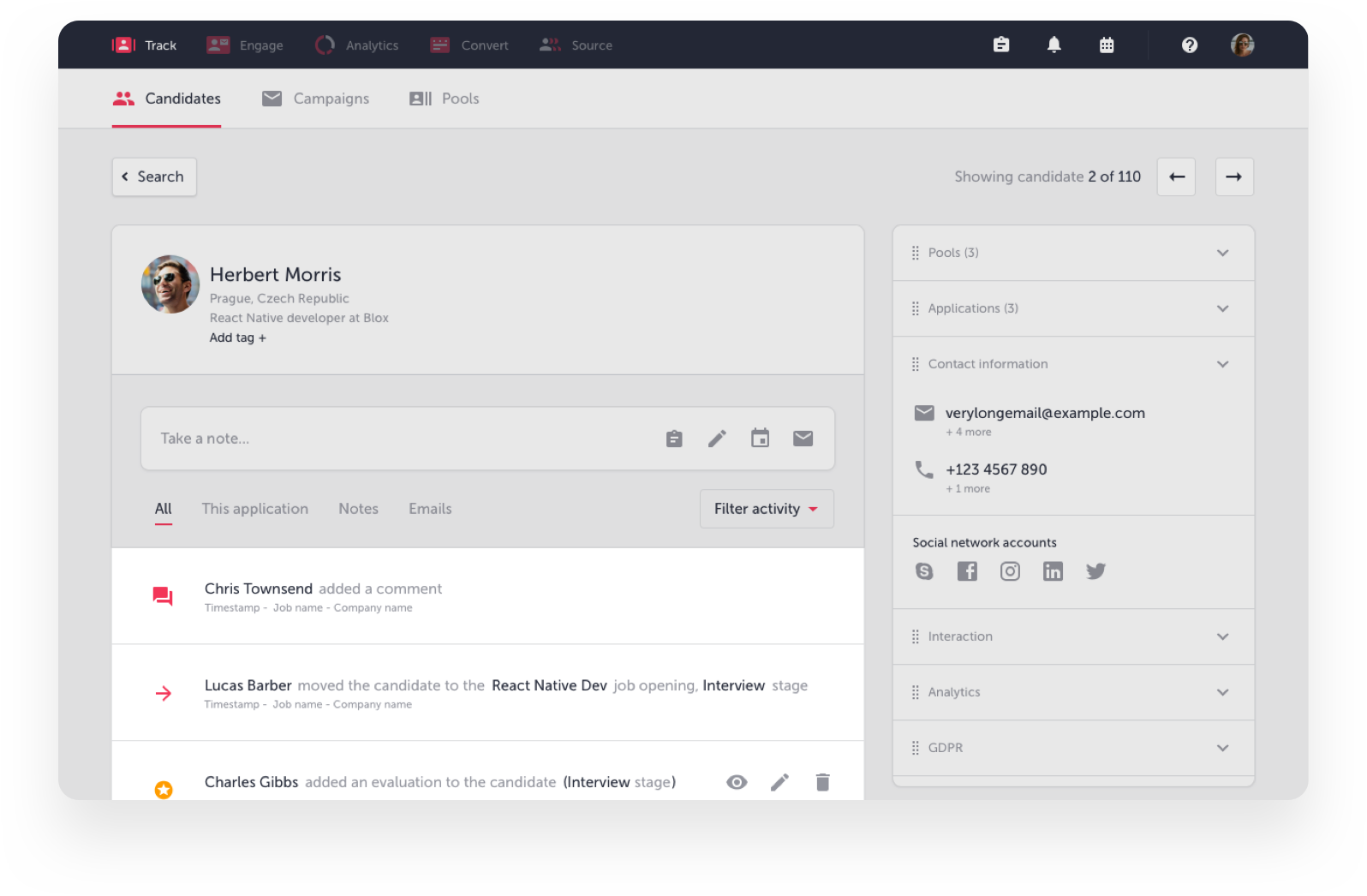
Source: TalentLyft
In recent years, HR automation has raced ahead in leaps and bounds - most HR departments are already heavily reliant on talent acquisition software and tracking systems.
This trend is expected to continue into 2021, but what organizations need to prepare for is the inevitable update in automation systems.
Recruitment AI is becoming more sophisticated - with machine-learning systems in place, AI is now learning on the job.
This means that a great deal of manual work that HR professionals have to do will be eliminated in 2021.
AI systems will have the ability to collaborate with each other to screen candidates at the early stages of recruitment - even reading through complex resumes and cover letters.
Performance reviews and management will also be handled by automated systems powered by AI, as will onboarding processes, says Aram Lulla, over at Forbes.
But the AI of 2021 will also be equipped to predict when recruitment drives should begin, as well as collate data across search engines, job sites, ATS, and emails to find candidates.
Having said that, a human touch will still be required if HR is to function at top efficiency.
AI is more likely to have ingrained biases because of the developers and systems it draws information from, leading to certain candidates being given preference over others.
These AI and automation systems will thus have to be monitored and adjusted, instead of being left to function on their own.
One of the biggest company culture myths of recent years has been that employees prefer perks like office pets, gaming tables, and increased flexibility instead of traditional benefits.
But recent research from Glassdoor has shown that this is not entirely true.
Employees much prefer traditional benefits such as 401K plans, vacation days, and insurance - they would much rather not have flexible hours if it means they can get days off.
HR professionals will need to be cognizant of this change in attitude - this is an HR trend that can have serious consequences on the quality of potential candidates.
It will be important for job postings to highlight the traditional benefits on offer, instead of focusing on additional perks.
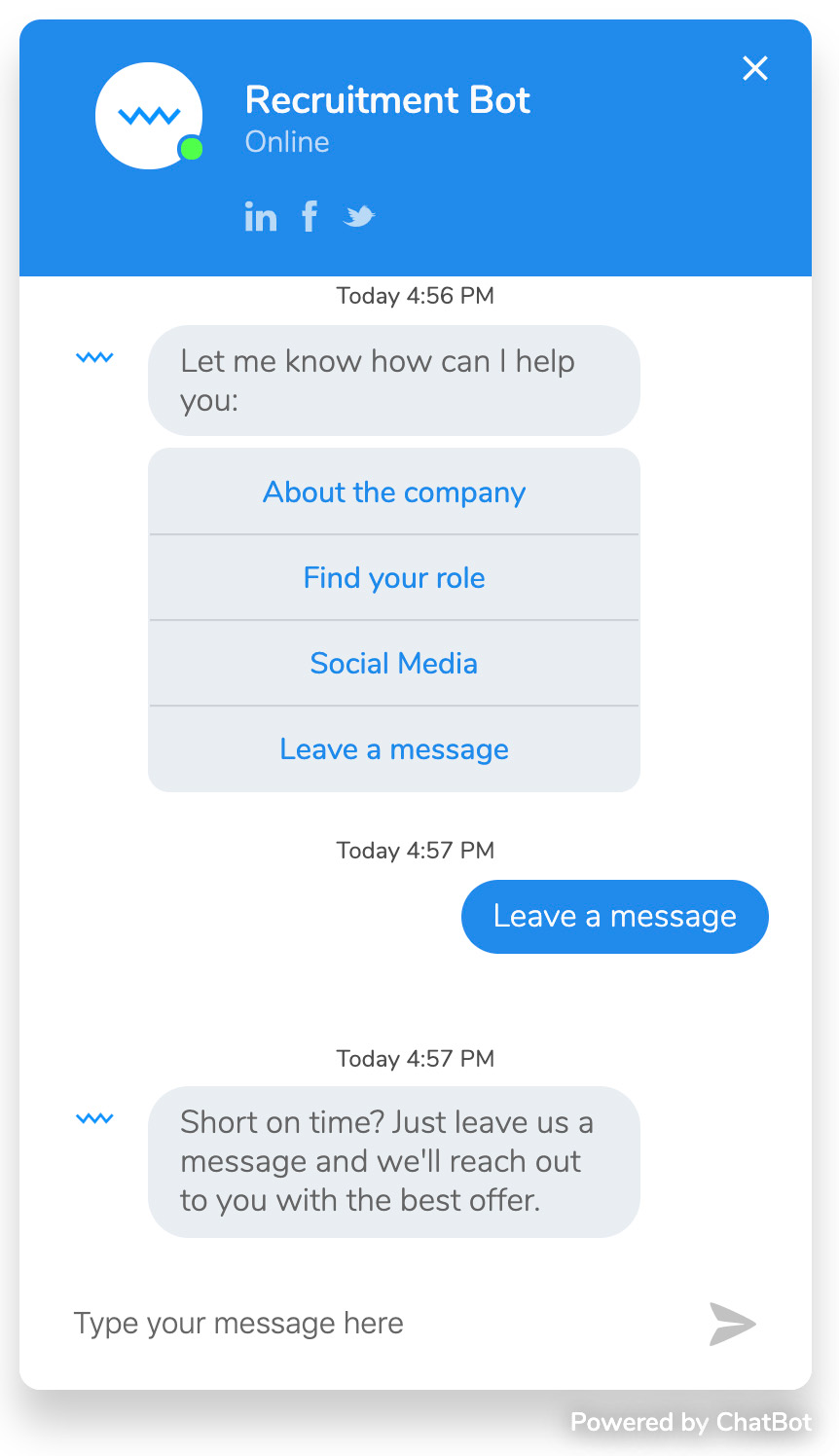
Source: Chatbot
Chatbots have been taking over the content marketing sphere but they aren’t just useful for answering customer queries - chatbots are set to become one of the biggest HR trends of 2021.
There are a number of ways that chatbots will be used for HR recruitment from 2021.
For instance, chatbots can be used to answer FAQs - as long as the information is adequately input, that is.
Chatbots on social media will be essential for answering questions before applicants apply for jobs at an organization.
This may take some advance work on behalf of the HR team, but once implemented, HR will no longer have to field a variety of questions.
But chatbots can also be used for the initial interview process, as well as onboarding, and to collect and distribute feedback.
However, as we started with AI, chatbots will need to be monitored, to ensure that there is no bias against candidates and that they have the most updated information.
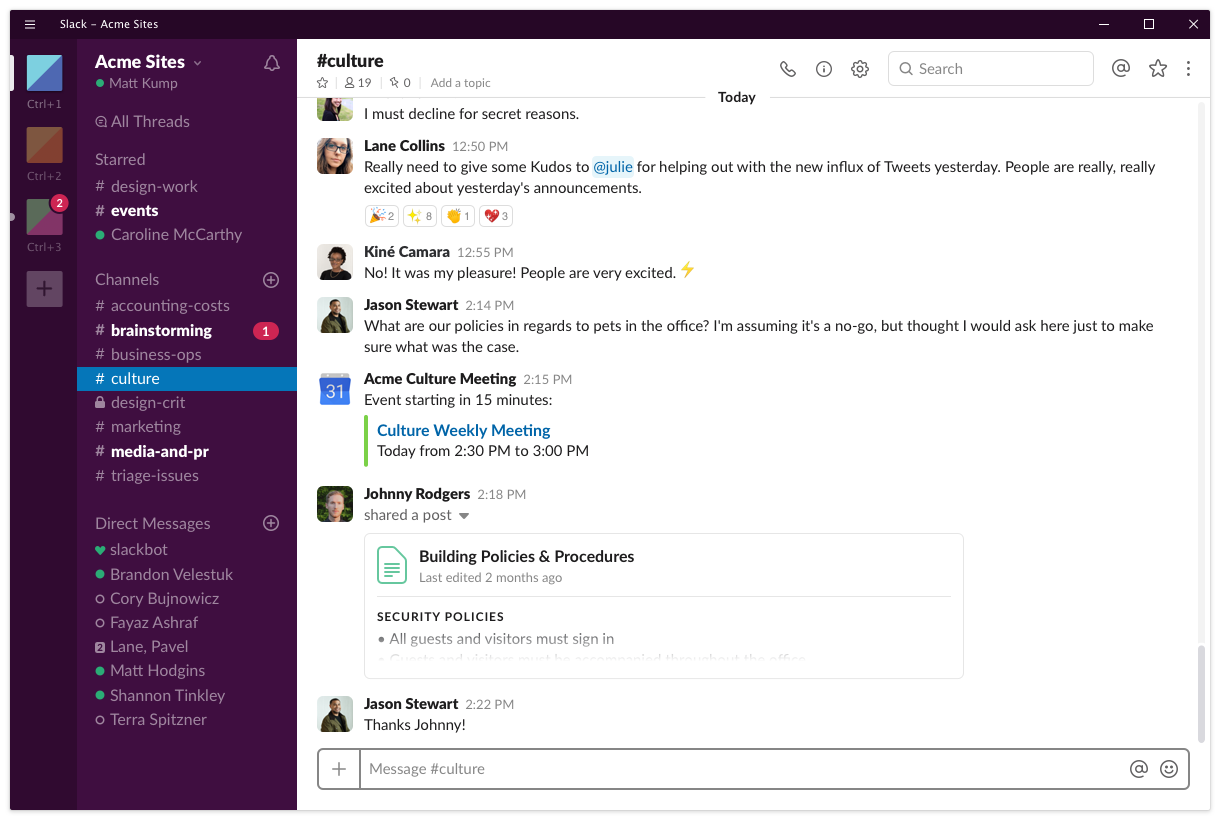
Source: Slack
The days of a company’s employees all arriving at 9 am to one office space are long gone. If 2020 has taught us anything, it is that employees can be anywhere and everywhere.
Which is why collaboration tools are going to impact HR trends in 2021.
An email will no longer be a sharp enough tool to communicate between teams and team members.
Instead, HR will be relying on tools such as Slack, Microsoft Teams, WhatsApp, and Trello, to organize themselves and to reach out to candidates.
Collaboration tools have a number of benefits - being accessible in real-time from around the world and across devices is definitely a major one.
Finding the right tools to use should be a priority in 2021.
Collecting data isn’t a new HR trend - more HR teams create detailed reports on a regular basis.
But the reason HR data is on this list is because in 2021, HR teams won’t just be collecting data about ‘what’ is happening in their organization. In 2021, HR data will focus on the ‘why’.
For instance, knowing the turnover or absence rate of the company has its uses, but if you can’t find out why employees are leaving, or not turning up, you can’t stem the flow.
Plus, HR teams will also have to measure more latent metrics, such as levels of employee engagement and happiness.
This data is more intrinsic and hard to measure but has a significant impact on how employees work and the quality of the company culture.
So, it isn’t so much the fact that HR will be examining data in 2021 - they’ve been doing it all along- but it will be more about the kind of data that will come into focus.
Of course, it is essential that HR teams avoid trying to analyze every aspect of their employees’ working lives - there is such a thing as too much data.
As 2021 comes around, it would be best if HR teams determined in advance which metrics they should be focusing on and create their reports on that basis.
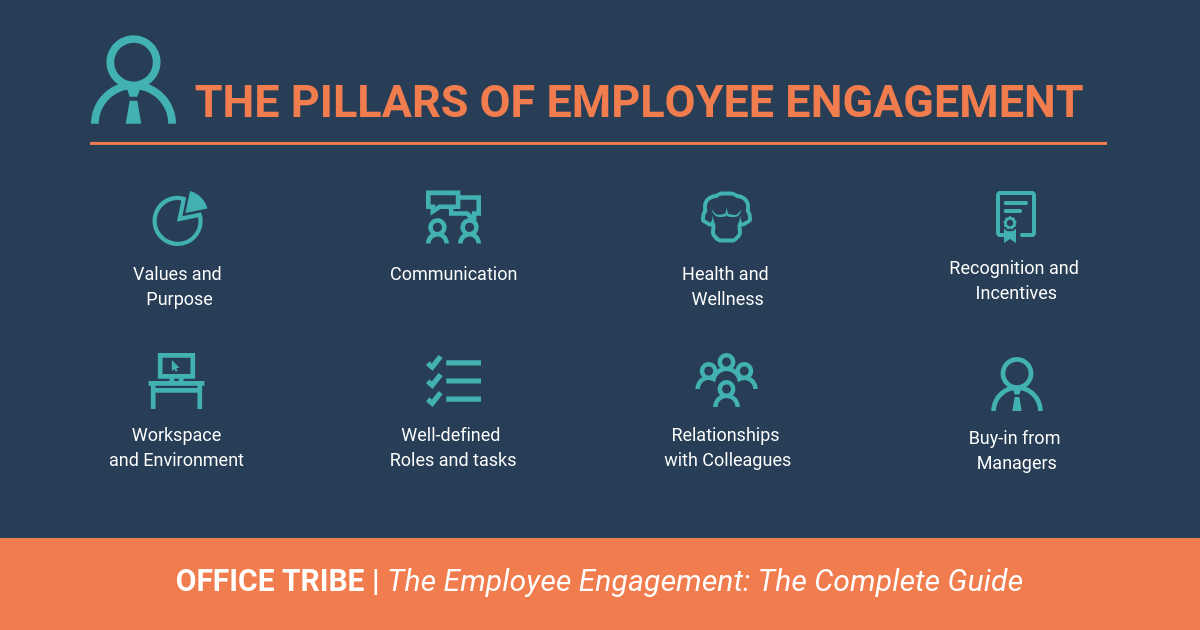
Source: Venngage
Employee engagement is becoming a buzzword in corporate circles and this HR trend is definitely going to continue into 2021.
We have already alluded to the importance of employee engagement with relation to data but steps will need to be taken to ensure that employees feel comfortable and happy in the workplace.
We are thus, set to see agile work environments become the norm- where collaboration and mentorship will be prioritized for employees.
In 2021, there will be more team building activities focused on CSR and giving back to the community, so that employees and companies can feel more connected to each other and the world around them.
Employees and applicants will also be focusing more on company culture.
This will have to be highlighted in job postings and given serious consideration with regards to current employees.
The gig economy is fast becoming the norm, especially for certain sectors of the population, especially people from marginalized communities.
As it has become increasingly more difficult for candidates to get full-time jobs with benefits and vacation days, they have taken to freelance work.
This is likely to increase in 2021, which means that HR will have to adapt - performance management of contractors who are only available for short periods can be a challenge.
Additionally, the gig economy will require HR to be constantly in training mode - new resources will come and go, and HR will have to be on the ball.
Whether your company wants to participate in the gig economy at all will depend on how valuable it is for you - labor costs tend to be low, but so are retention rates.
Companies may have to decide whether this is an HR trend they want to indulge in as sticking to the traditional 9-5 may be a better choice in the long run.
If HR professionals are concerned that they will be made redundant, they can rest assured that the outlook for 2021 isn’t that bleak.
However, some of the HR processes that have been done in-house thus far are set to be outsourced to agencies, remote specialists, and software.
But we aren’t talking about the major HR strategies here - those are likely to continue to be done in-house by the HR professionals closest to the organization.
The tasks that will be outsourced will be the more manual ones, such as payrolls, data collection and collation, which will be handled by automated systems, chatbots, and through empowered employees who track their own payrolls and days off.
This HR trend will make the HR process more streamlined, allowing HR teams to focus on strategy implementation rather than spreadsheets.
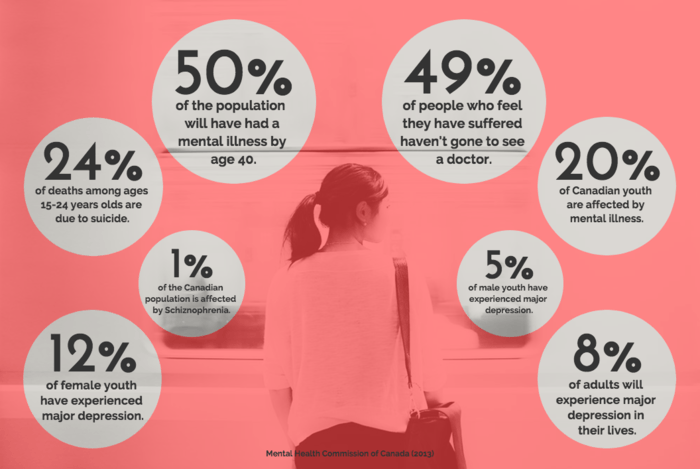
Source: Venngage
Making employees feel valued at work is going to be on top of the mind in 2021. And one of the areas where companies will have to move their focus towards is mental health.
A WHO study found that the US $1 trillion a year is lost in productivity due to mental health reasons, which is why HR teams need to work on creating a healthy workplace.
In 2021, HR will have to be cognizant of employees’ mental health needs, help them avoid burnout and be ready to offer employees mental health days off.
Implementing training for management and employees to support colleagues with mental disorders will also be expected in 2021 and beyond.
For HR, creating an honest and open environment that promotes good mental health and supporting anyone who has mental disorders has to be a priority.
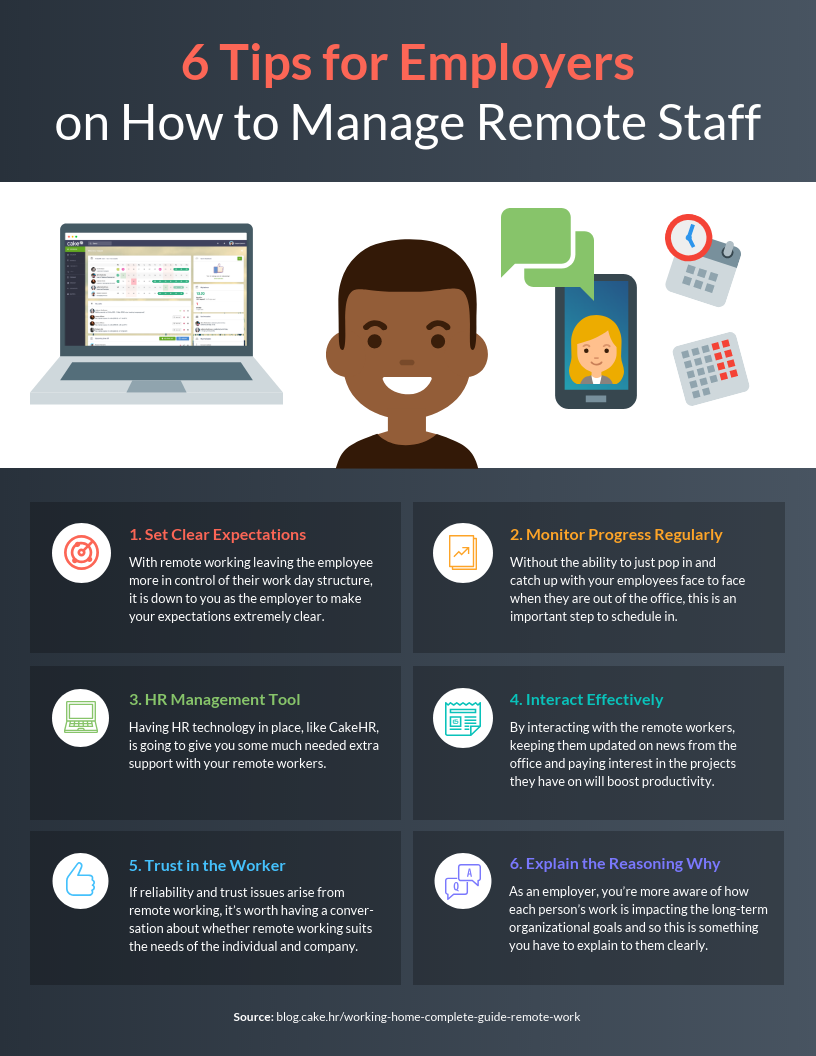
Source: Venngage
Since 2005, remote work has increased by 140% and by 2025, remote teams will rival traditional office spaces.
Remote work has become a mainstay of 2019 and it is going to become an even more prevalent workplace trend in 2021. This is an HR trend that companies have to prepare for.
Especially as remote work in 2021 is likely to be more spread out than it has been thus far - remote employees are going to be in several different time zones.
We have mentioned the growing gig economy and the need for collaboration tools already, and one can see how they are tied into the increasing cases of remote work.
It will be helpful to create explainer videos about the workings and ethos of the company - not just the specific roles that contractors will undertake.
With so many companies hiring remote employees, it will also become important for HR to find the right tools to track remote employees’ work and progress.
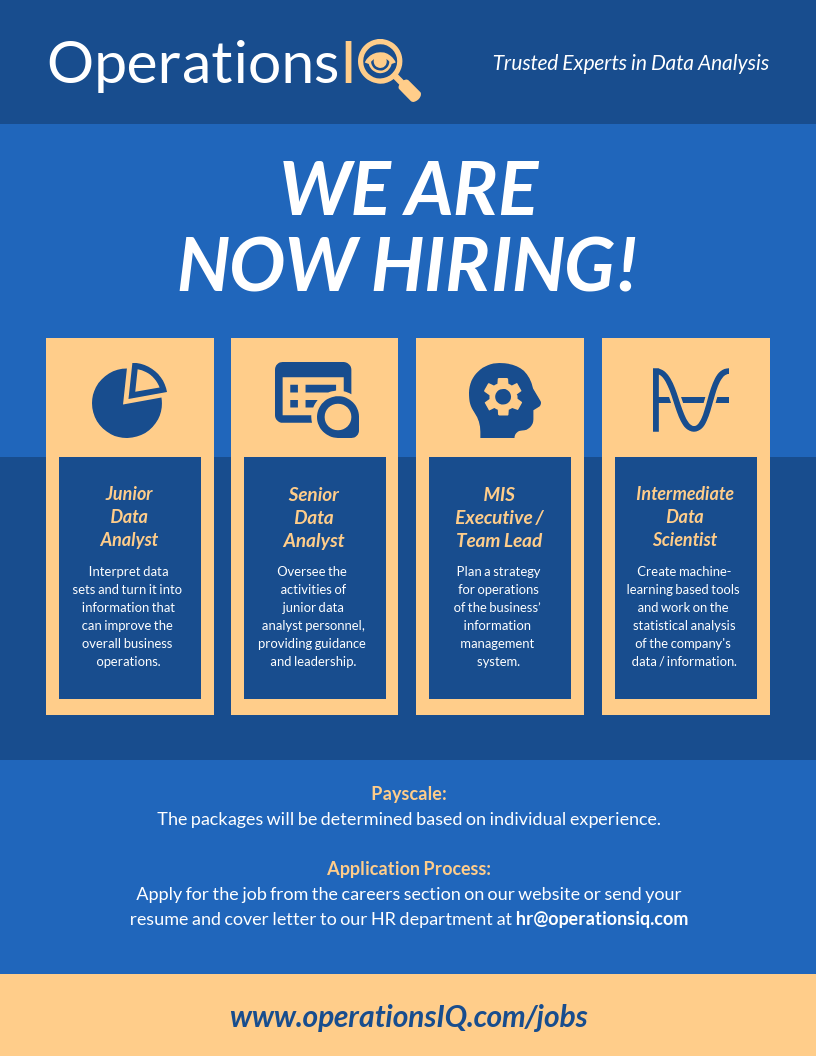
Source: Venngage
Recruitment marketing will become more common in 2021.
With the increase in mobile job searches and decreasing attention spans, it will become more prudent to spend time creating strong visual content that will hold applicants’ attention.
Designing visuals with an infographic maker or with an in-house designer will ensure that social recruiting is more efficient, and will make for more engaging job postings.
Great recruitment content can make the recruitment process more profitable and is an HR trend that companies need to undertake soon.
While many of the HR trends outlined above have been coming into force in recent years, 2021 will herald some major changes to how HR functions in key areas.
The companies that adapt to these HR trends are likely to see benefits across their workforce, and in their bottom line.
But adapting to these changes will require forethought and planning. Keeping in mind the points discussed above, HR teams can begin their planning process for the year ahead.
Ronita Mohan is a content marketer at Venngage, the infographic templates and design platform. She enjoys writing about content marketing, productivity, design, the digital world, as well as pop culture, and diversity.


